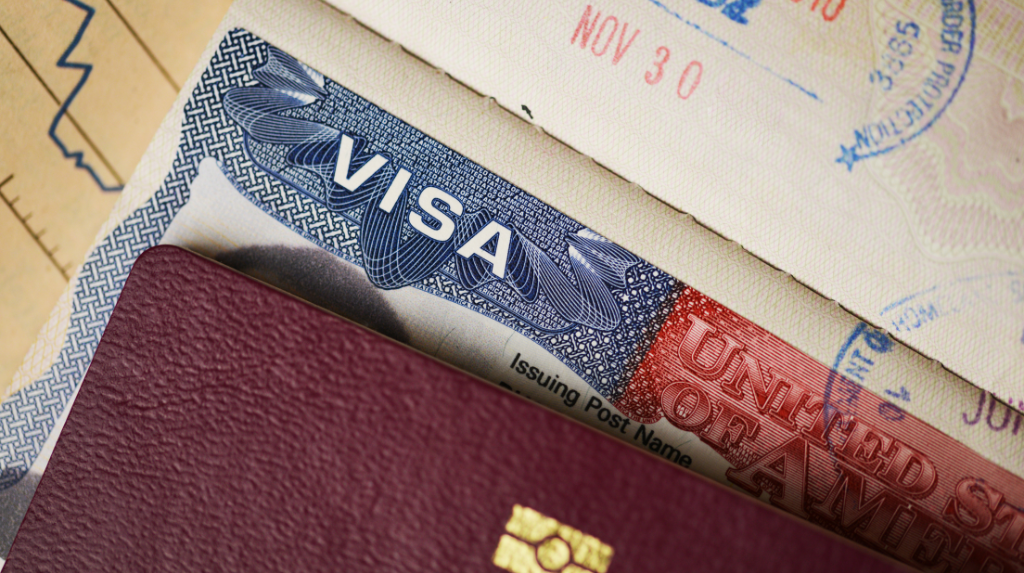In an interconnected world, fostering relationships and facilitating seamless travel experiences is paramount. The European Union (EU) has been a pioneer in promoting people-to-people contacts between its citizens and those of non-EU countries through Visa Facilitation Agreements. These agreements streamline the process of obtaining visas for short stays, ensuring a hassle-free experience for travelers, with stays not exceeding 90 days within a 180-day period.
A Tapestry of Agreements
Albania
The Agreement between the European Community and the Republic of Albania, in force since January 1, 2008, exemplifies the commitment to easing visa issuance, enhancing ties between the EU and Albania.
Armenia
A similar accord with the Republic of Armenia, effective since January 1, 2014, stands as a testament to the EU’s dedication to fostering diplomatic relationships through simplified visa procedures.
Azerbaijan
The Agreement between the European Union and the Republic of Azerbaijan, operational since September 1, 2014, underscores the collaborative efforts to enhance cross-cultural exchanges.
Belarus
With an agreement in effect since June 9, 2020, the European Union and the Republic of Belarus have worked together to facilitate visa issuance, promoting smoother travel for citizens of both regions.
Bosnia and Herzegovina
Since January 1, 2008, visa facilitation agreements between the European Community and Bosnia and Herzegovina have been instrumental in promoting closer ties and streamlined travel procedures.
Cape Verde
The Agreement between the European Union and the Republic of Cape Verde, effective since December 1, 2014, symbolizes the commitment to fostering people-to-people connections between the EU and Cape Verde.
Georgia
In force since March 1, 2011, the Agreement between the European Union and Georgia exemplifies the EU’s dedication to enhancing diplomatic and cultural ties through simplified visa processes.
Macedonia
With agreements in effect since January 1, 2008, the European Community and the Former Yugoslav Republic of Macedonia have demonstrated their commitment to facilitating smoother visa procedures for short stays.
Moldova
Visa facilitation agreements between the European Community and the Republic of Moldova, in force since January 1, 2008, showcase a commitment to enhancing travel experiences and diplomatic relations.
Montenegro
Since January 1, 2008, the Agreement between the European Community and the Republic of Montenegro has played a pivotal role in fostering seamless travel and stronger diplomatic ties.
Russian Federation
Although an agreement with the Russian Federation was in force since June 1, 2007, the Council of the European Union decided to suspend the application of the visa facilitation agreement between the EU and Russia as of September 12, 2022.
Serbia
With agreements in effect since January 1, 2008, the European Community and the Republic of Serbia have worked collaboratively to streamline visa issuance, promoting stronger ties between the regions.
Ukraine
An agreement was established between the European Community and Ukraine, aiming to simplify the visa issuance process. This agreement came into effect on January 1, 2008, with subsequent amendments introduced on July 1, 2013.
Impact and Future Outlook
These Visa Facilitation Agreements significantly impact the way citizens of the EU and the respective non-EU countries experience travel. By removing bureaucratic hurdles, these agreements not only encourage tourism but also promote cultural understanding and diplomatic relations.
The decision to suspend the visa facilitation agreement with Russia in 2022 showcases the dynamic nature of these agreements, responding to geopolitical shifts and priorities.
In conclusion, the Visa Facilitation Agreements between the European Union and various non-EU countries stand as a testament to the commitment to fostering global connectivity. By simplifying visa issuance processes, these agreements contribute to a world where borders are not barriers but gateways to cultural exchange and understanding.

